
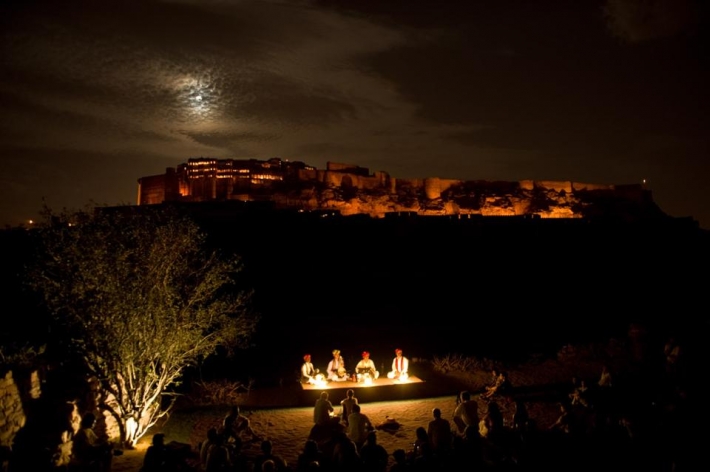 Photo Courtesy: Pradeep Krishen
Photo Courtesy: Pradeep Krishen
Filling the dry air of the Thar Desert along the borders of Rajasthan with the music of their ancestors, the Manganiar community's traditional sufi music has been the dunes' voice of celebration for centuries. Speculated to be descendants of the Rajputs, the Manganiar are a clan of professional folk musicians, who have honed their craft as a way of life; court musicians who were the center of every celebratory event and royal gathering, making their music the ‘sound of the desert’. It was at the turn of this century’s late ’70s when provisions for institutional support for the Manganiar community first arrived, and carried musicians from this virtually untouched and isolated community of artists to stages across the world. Having presented musicians like, world renowned sufi vocalist Kachra Khan; sarangi maestro Lakha Khan; and Sakar Khan - one of the best khamaicha players in the world; one such marvel of the Manginiar, is singer Mame Khan - a name attached with much reverence from lovers of Rajasthani folk music, around the world. Mame Khan has been playing on international stages from the time he was pushing the last of his teenage years, and training in music since he was younger still. “Wherever we have been performing, we got such love and respect for our music.” A still wide eyed and ambitious Mame tells us, “People could just not sit still anymore.”
Trained in the traditional music styles of their culture, Mame Khan comes from a village where evening entertainment meant a party gathering of the whole village in song and music, regardless of what the occasion was, or if there even was one. “There was no electricity in our village,” Mame tells us, “And hence no TV, and such things. So, evening time was story and music time for us. Our culture is all about music, we grew up with music around us." Mame is from a small village called Satto, near Jaisalmer – historically, a hub for arts and trade, which has made up for the wealth of the city and the Manganiars, for hundreds of years. He recalls spending his childhood, waking up at the wee hours of the day, perfecting his skill and soul for music under his father as the most “special moments”. “My late father and teacher, Rana Khan, had a strong influence on my musical journey. His powerful voice and magical Sufi compositions are the soundtrack of my childhood; and even today, whenever I listen to his recordings I feel very proud of him, and deeply rooted to our musical heritage.”
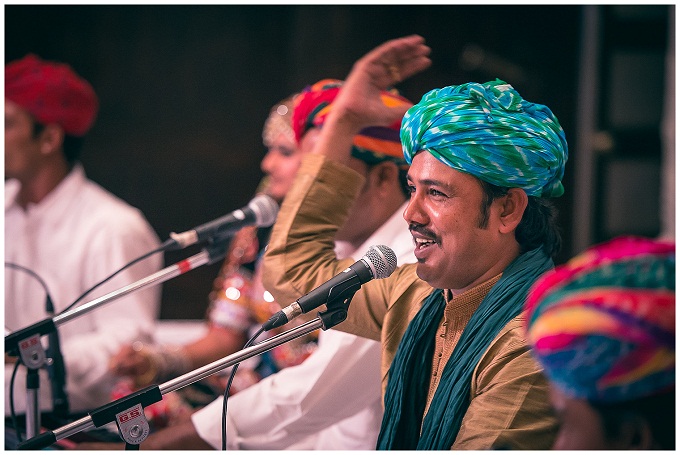
Photo Courtesy Arjun Kartha
At fourteen, Mame Khan was awarded a six year scholarship by the ICCR to study music, and better his artistry in different kinds of arts. “Once a year, we – my father, some other children, and I – would come to Delhi for a ten day workshop,” Mame reminisces. “This workshop was special because we did not only get musical training; we also got basic art classes in other disciplines like visual arts. This broad training helped me to build a better understanding of art in general.” Accepting the scholarship would be the first time Mame would venture beyond the sand dunes, and find himself in the bustle of Delhi. The transition into a new environment compels him to draw out the contrast in the culture, he says: “I think of how we learn our music. Our [the Manganiar's] way of learning music is a very organic way, no classes no books.” Mame paints an analogy between how children in other households grew up playing with toys, the Manganiar children grew up playing with musical instruments. “Our music is based on pure oral tradition,” he says, “We keep passing this knowledge on from one generation to the next.”
One of the more famous appearances by Mame Khan on Indian television was his performance on the second season of Coke Studio India, featuring the song 'Chaudhary' in collaboration with music director Amit Trivedi. That along with his voice being featured on more mainstream movies like 'Luck By Chance', and 'No One Killed Jessica', makes Mame Khan part of a small set of artists whose recognition and appreciation is as far spread. But this seemingly prodigal musician – having lit up stages across Europe, Africa, and the Americas – still yearns to play in the desert. “These days I hardly get the chance to play in my own village anymore,” he confesses, “But, whenever I get the chance to sing some songs in my home town, just out in the open desert, I feel so relaxed, and almost as if this is the real stage for our music."
Watch a video 'Chaudhary' by Mame Khan, featured on MTV Coke Studio, below:
Previous Article The Yellow Bucket: Adding Their Colour To The Music Scenario The Yellow Bucket: Adding Their Colour To The Music Scenario
|
Next Article Introducing: Write In Stereo Introducing: Write In Stereo
|
Emphasizing on creating simple, feel good music with a tangle free recording process, The Yellow Bucket are a new addition to the music circuit; recently coming into the limelight with the release of their debut album Two Halves.
Conceived of as a concept band, featuring both amateur and professional musicians, Friends of Linger is a group that seamlessly fuses their bluesy jazz music with a no nonsense lyrical approach that is simple yet impactful.
Mumbai based alternative Hindi rock band Sifar, have worked tirelessly over the last six years to break out of their 'routine lives' and perfect their sound - which can now only be described as the work of seasoned veterans. We spoke to the band's vocalist, guitarist,and producer, Amit Yadav, about his experience writing, playing, and producing some of the best Hindi rock music the country has witnessed.
Teamwork Arts presents another edition of Friends of Music featuring a stellar line-up of musicians at the Lodi Garden Restaurant this Friday on May 23.
It’s been a good year for young bands, with crowds far more receptive to new artists – young and old alike – and promoters also taking punts on these new bands. Plus, with the internet and Bandcamp and Soundcloud allowing anyone with an internet connection to upload new music, the opportunities for musicians to be heard, reach out, and get attention have naturally increased. So yeah, it’s not all gloomy, even if the weather here in Delhi really is.
YATIN DAWRA
“I think the madness and chaos of the mind makes us do what we want to do.” says Srinivas Sunderrajan, aka Vaas,
A friend popped up with a thought bubble of a question the other day. 'Best band of all-time?' closely following it up with 'Don't…
Some wag – may he rest in peace – once claimed that writing about music was like dancing about architecture. Very clever. He's passed…
The very first edition of Rock Street Journal, which came out way back in '93. And here it is, in glorious black & white.
Keshav Dhar of Skyharbor writes about Indian bands and the internet in this special column.



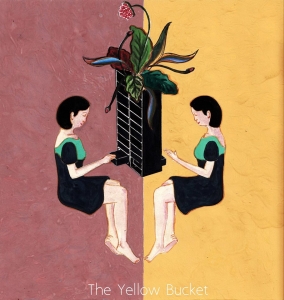

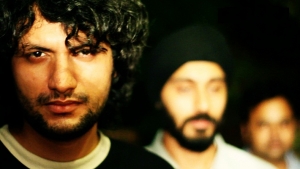
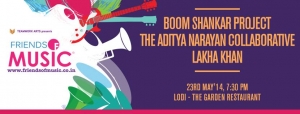

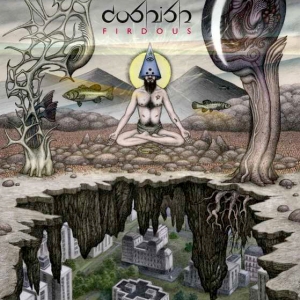
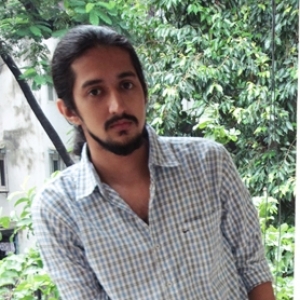

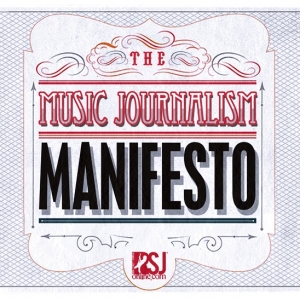
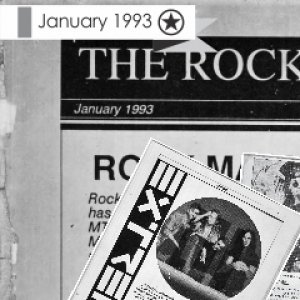

Leave a comment